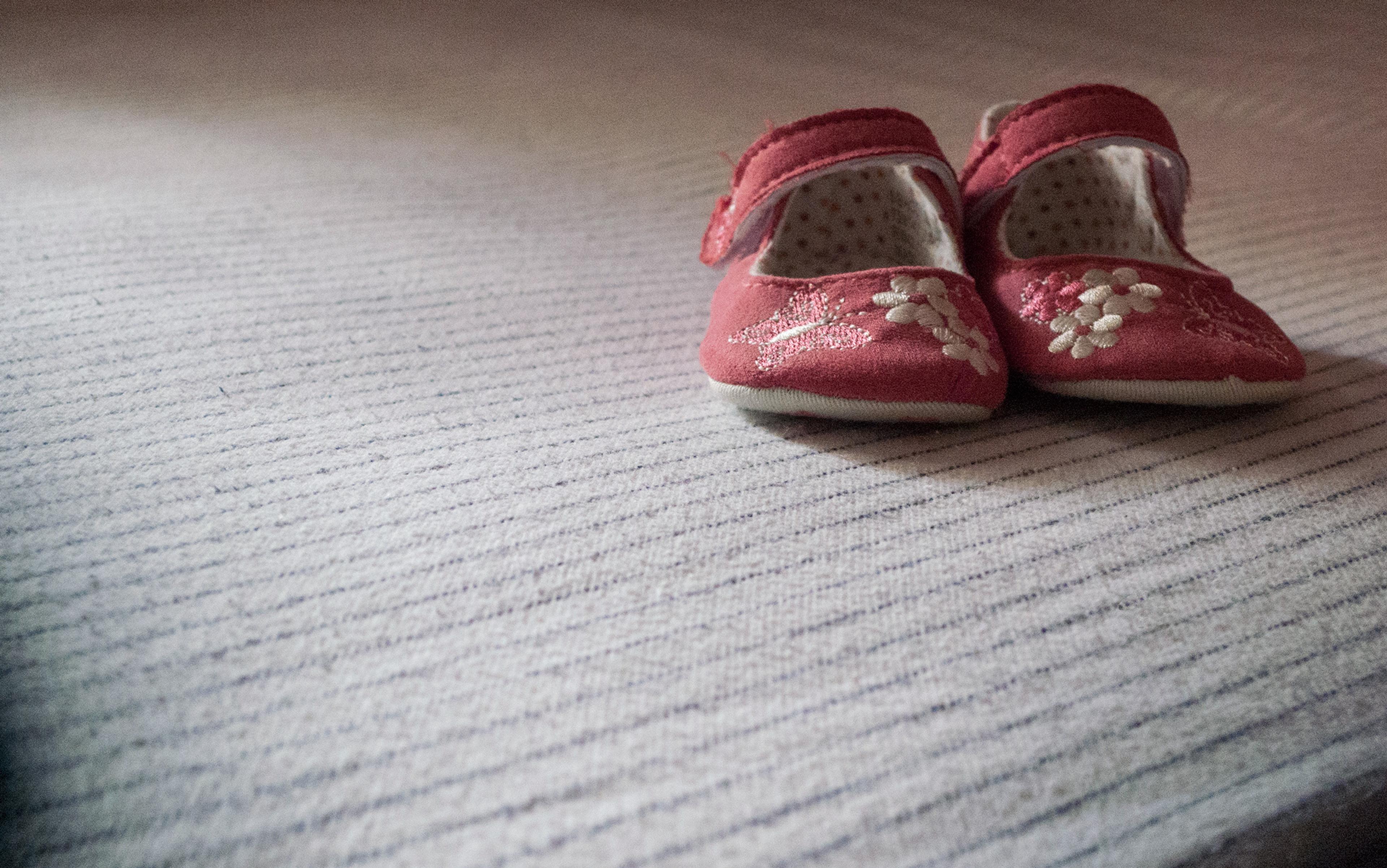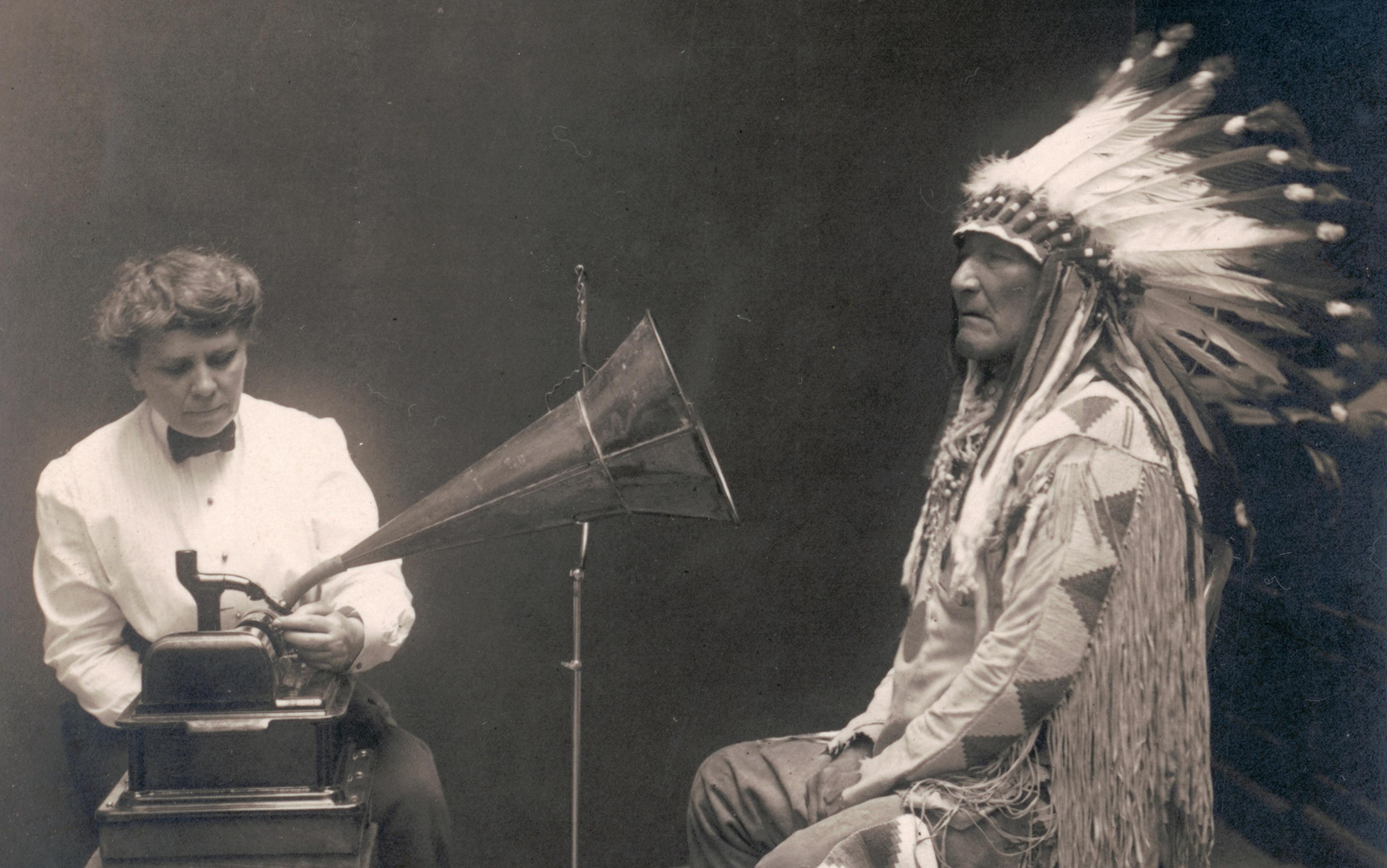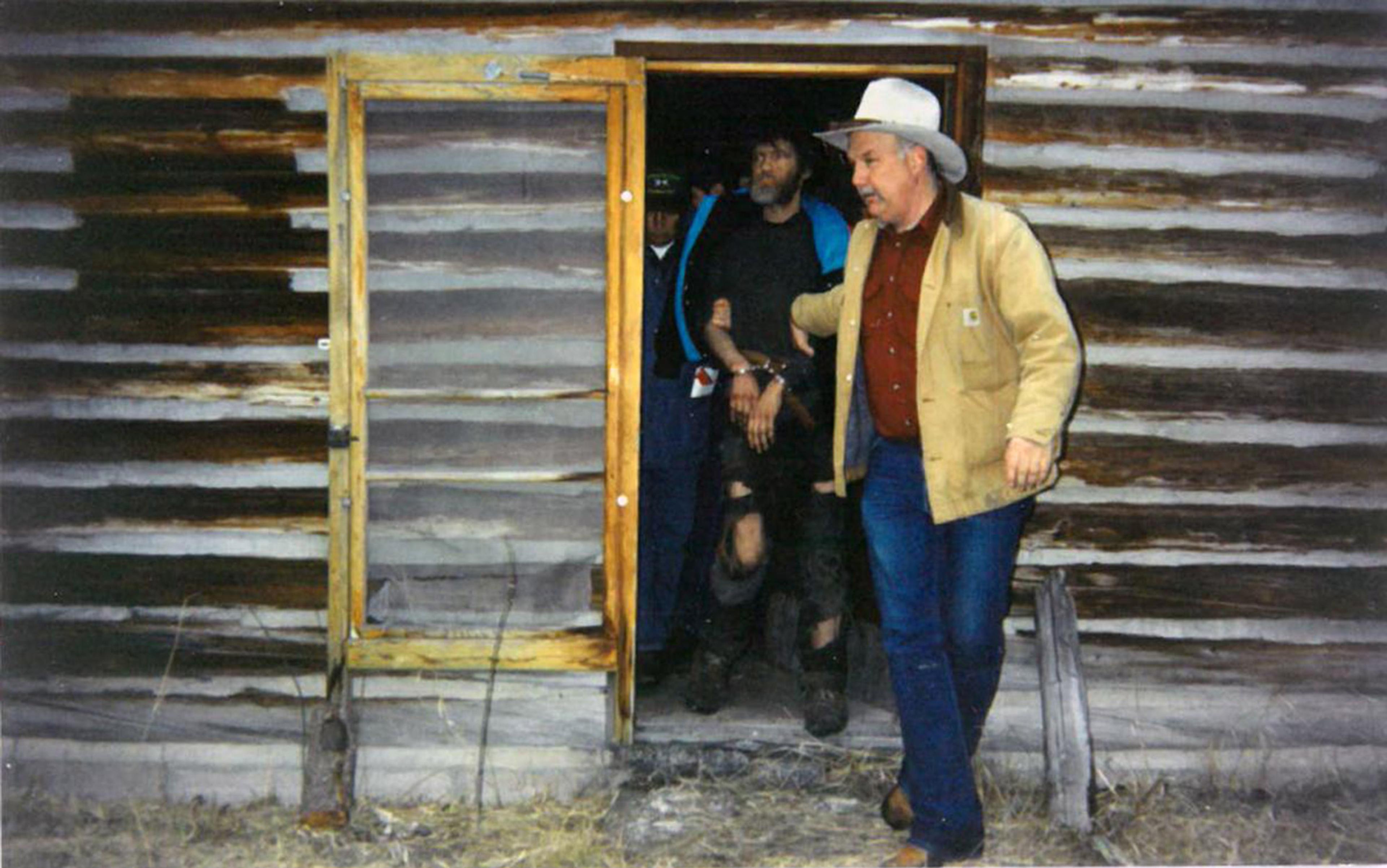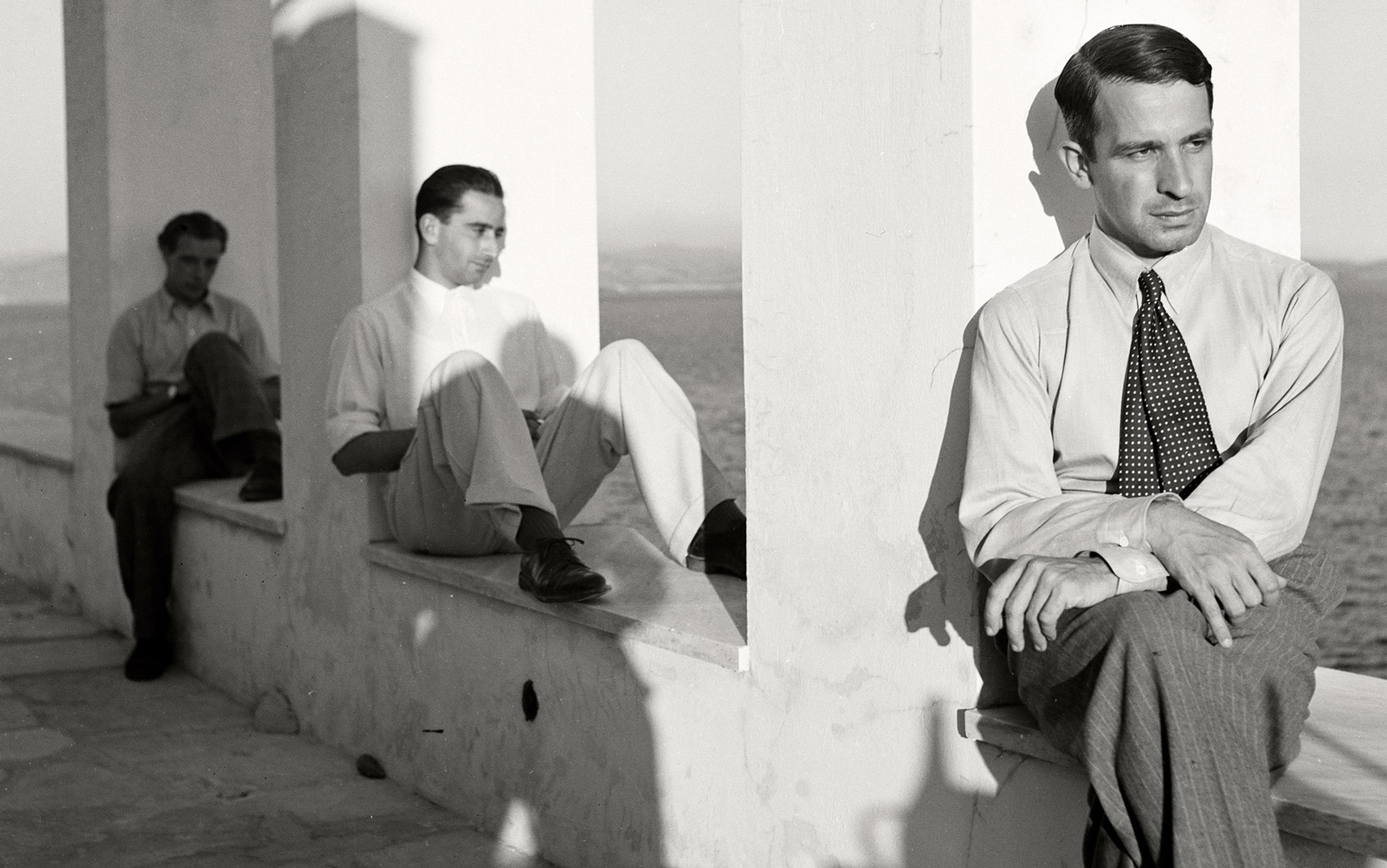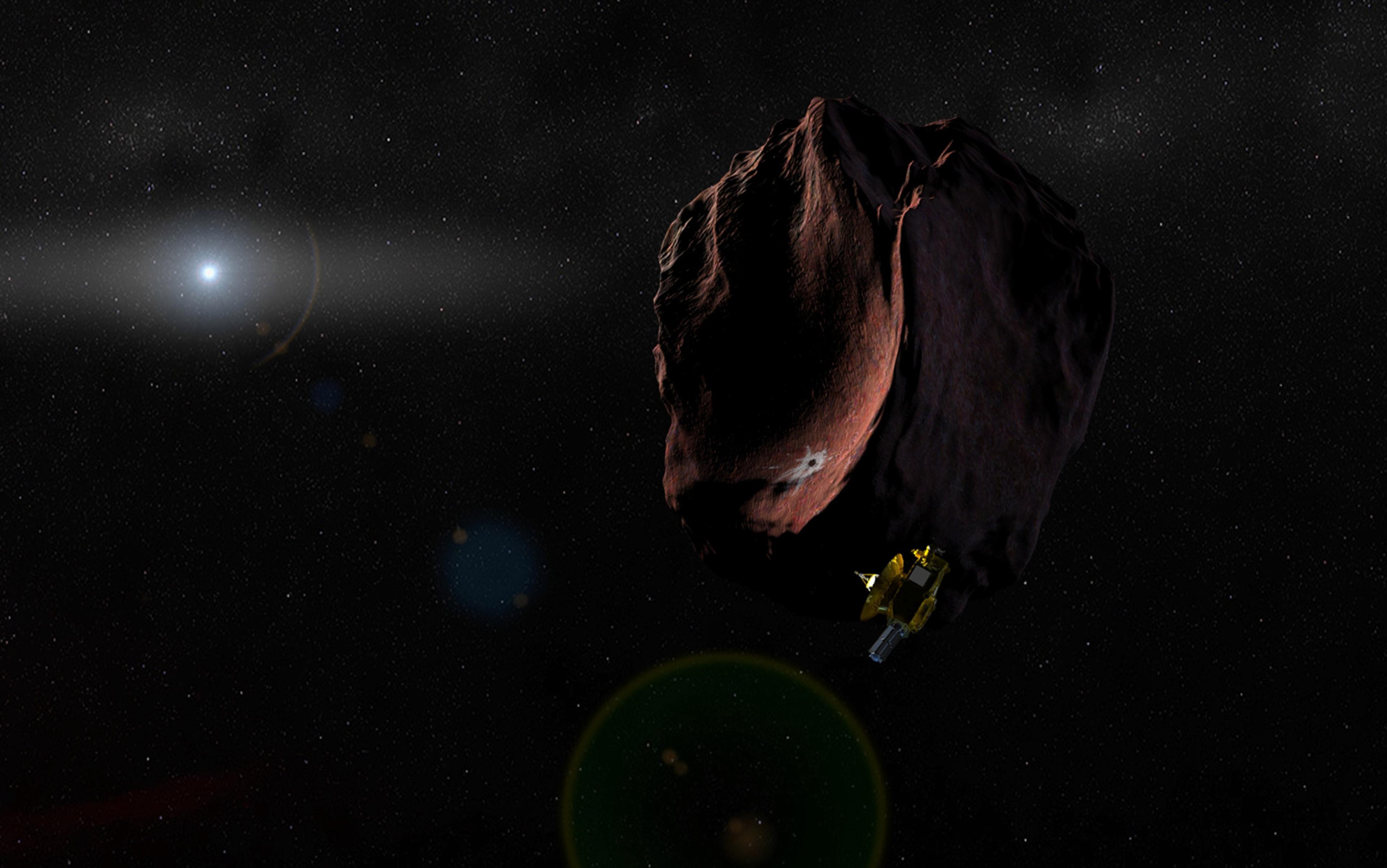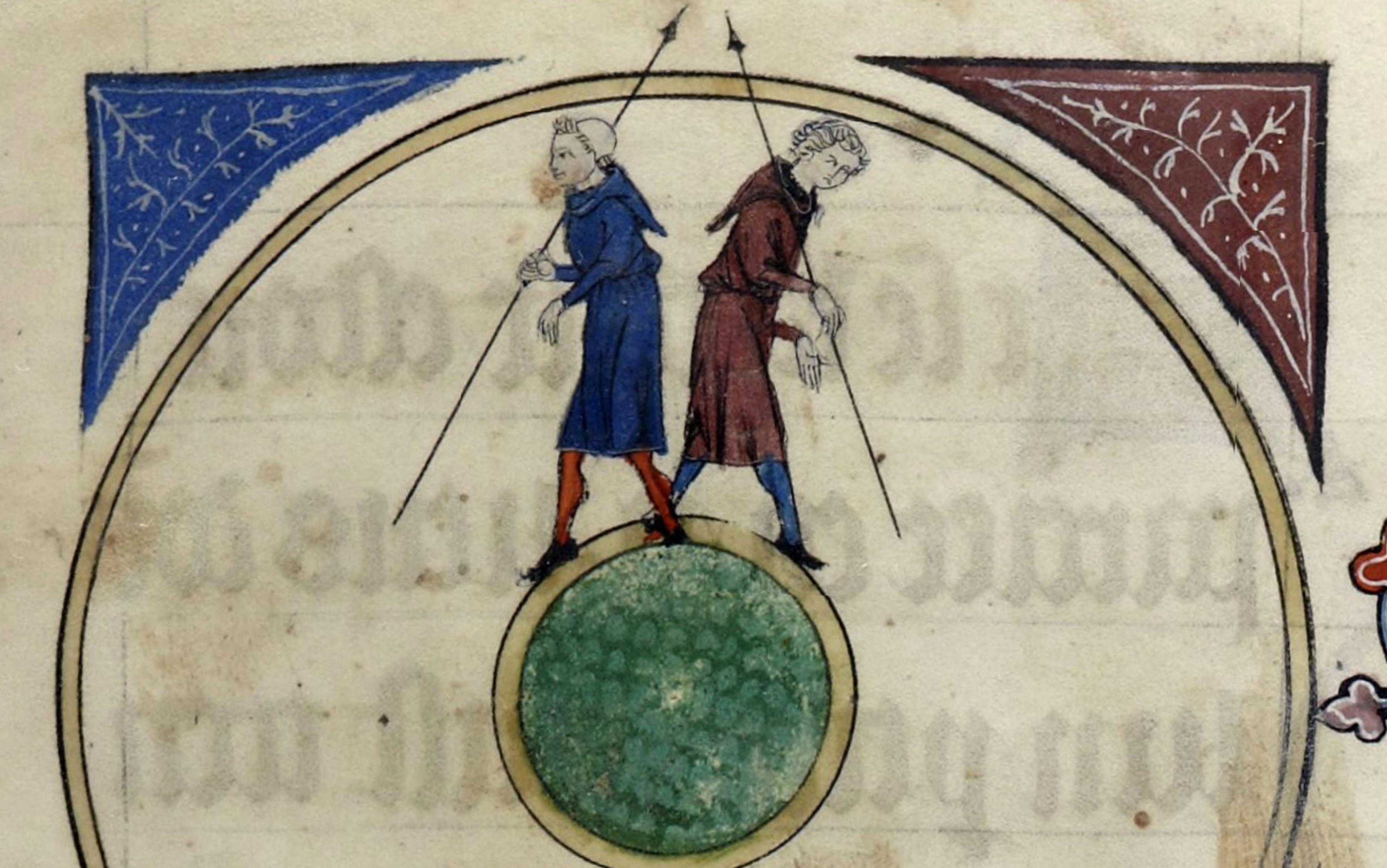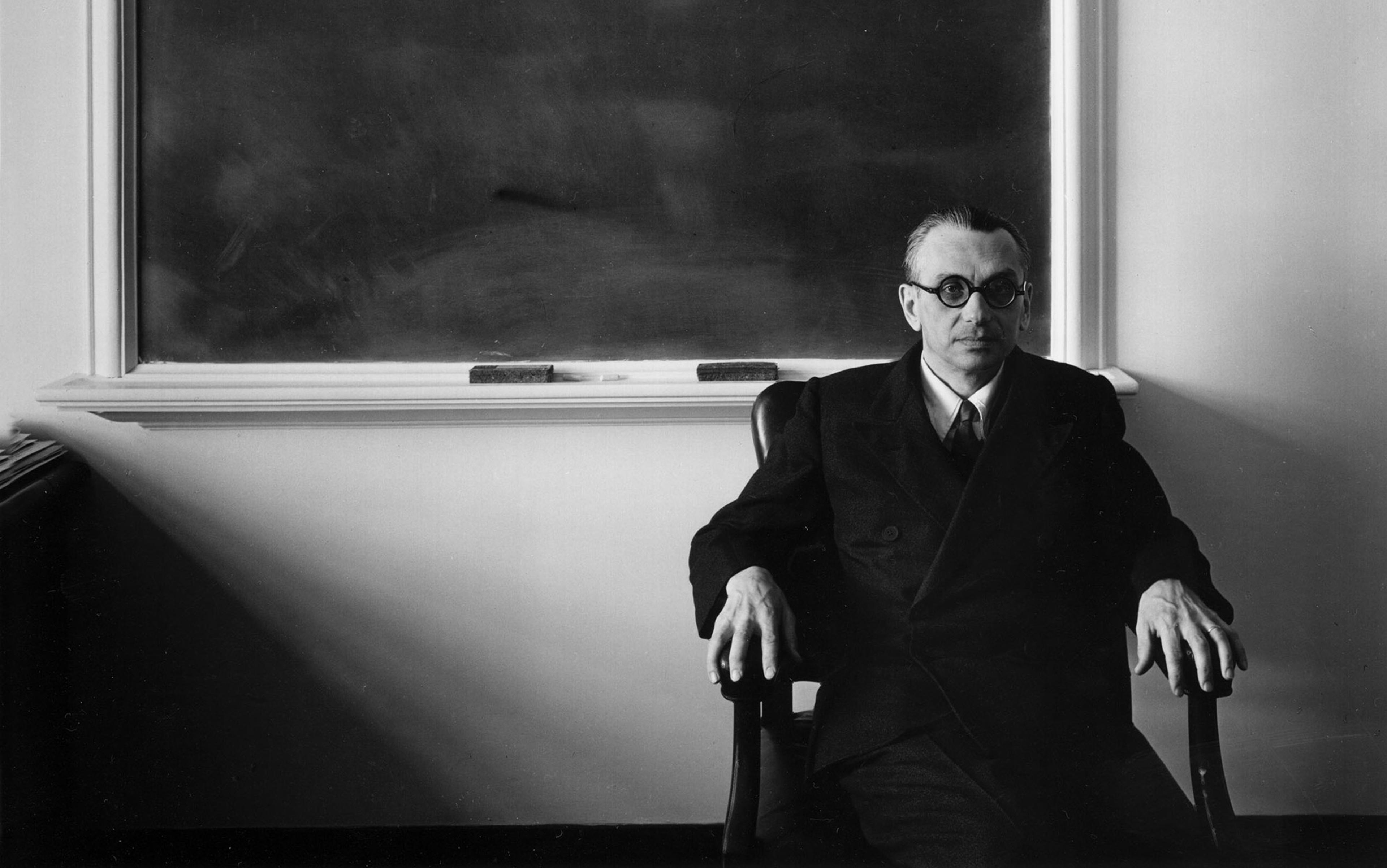A month before Nadia was born, I bought her a pair of tiny newborn shoes. Soon I was hit by artistic inspiration: I would grab my camera and make a composition of her tiny shoes, and my four-year-old Luca’s suddenly gigantic ones. The tug of that thought was followed by repulsion of another: let’s wait and see if she’s all right. Luca had been born small for unclear reasons, and the doctors thought we should check if Nadia was growing well. Between these two children we’d had two unsuccessful pregnancies, one of which ended several weeks after I’d seen a heartbeat on the screen of the ultrasound, a relatively rare event. So when we went in for that scan two weeks later, at 37 weeks gestation, I was apprehensive.
As the sonographer measured, I looked at the numbers on the screen and kept my calm. But when she said she’d like a second opinion, I assumed the news was bad. She took us up to the foetal cardiology unit and put us in a quiet little room where we would wait for a specialist. I looked out of the window, my head churning with bleak scenarios, hoping that all it would take would be an operation. André, her dad, was unconcerned. He tried to amuse me by reading an article from a magazine, and I half-pretended to listen. What is wrong with my daughter?
‘There is no easy way to say this, but your baby is very, very sick,’ the specialist informed us in her soft voice. I remember going back to the little room, André and I alone. I remember her remarking how it would be best if I didn’t eat or drink anything before she left us there; I understood this meant I might have a caesarean that evening. ‘We wasted a good name,’ I thought, ‘I liked Nadia.’ We couldn’t possibly re-use it, could we?
Then I cried and told André I couldn’t go through this again. We wanted three children but it wasn’t working and I wanted to focus on the perfect little boy I already have. I had been pregnant or sick for most of his life, then burnt out with finishing my PhD in the midst of all this while desperately hoping to make it in my highly competitive field of science. I’d had enough of false hope, I’d had it with the nausea, the first-trimester drowsiness, the fear that something might go wrong again, the being alone in foreign countries among acquaintances – not friends – while dealing with pain and loss and guilt and regret, and the clock ticking away the days along my spine as I tried, repeatedly, to grit my teeth and keep up with the world.
‘I want a puppy,’ I said. André doesn’t like dogs and he teased me for my attempt to exploit this moment of weakness. Within two days, I had my heart set on a basset hound. I didn’t think we’d really be getting one. Then we both cried.
An obstetrician called us to perform a third ultrasound. He determined that the blood flow to Nadia’s brain and other organs was still fine. Then he sat with us, together with the first doctor, and they told us that we had to make a choice.
We could get into an ambulance and go to Southampton, where I would have a caesarean and Nadia would be put on a machine called an ECMO (for extracorporeal membrane oxygenation) for some time, ‘to give her heart a rest’. Then she would be treated with drugs, and she would have to stay in hospital. Perhaps for six months, perhaps for a year. She might not survive the birth, or the ECMO machine, or the medication, but if she did, there would be some chance of a full recovery. And some chance of a partial recovery, a life with a debilitating heart disease, or disability, or both.
The alternative path would be to ‘put her to sleep’ with a needle to the heart, after which her birth would be induced and it would all be over.
The doctors said they had never before seen a heart so dysfunctional. Nothing about it was right. It filled more than half the chest cavity, the valves were not closing properly, the blood was not flowing in the right direction, and there was barely any contractility. The word ‘recovery’ was accompanied by the word ‘miraculous’. And the very idea that an impressive Oxford university hospital might not have sufficient resources to provide care set off alarm bells.
A torrent of fragmented thoughts fought for my attention, each one replaced by another before it could crystalise. The internet is full of medical miracles, babies who survive despite all odds and parents who are infinitely grateful for the presence of such children in their lives. Yet these are tales from early childhood. A disengaged, calculating inner voice told me that a newborn doesn’t need much more than a brainstem in order to be absolutely adorable. It would yawn and sneeze and blink and we would melt, forever tied to this creature that might leave us. But what would it be like if she didn’t walk at four? Or talk at six? Or learn to control her bowels at 14? Or what if she was cognitively and functionally intact, but her heart could stop beating at any point during childhood?
Would it be the end of my career? It probably would. I like my work and in the few short periods of unemployment in the past I was absolutely miserable. Would she make me forever miserable?
Would our marriage survive? I thought it would, but I wasn’t sure about our happiness.
But if we don’t try to save her, will I ever forgive myself for not trying, for not having the girl that had some chance, however small, of complete recovery? Would the decision to kill my daughter haunt me forever?
Would the birth of this baby mark the end of happiness for my lovely little Luca? And one day when we die, would he then be burdened with caring for Nadia? Should we be making this decision for him when he’s just four years old?
I didn’t want to carry a dead baby inside me, not even for a day or two
I could have clung to this last thought to make it simple. But, cruelly, my mind took another twist: if our first child had been very sick, given the chance to have a healthy second child, I would have had one in a heartbeat. Fuck you, logic.
André asked the doctors a number of questions, but said little. In normal circumstances we joke about how he tries to micromanage me, yet in the coming days he would support me completely to make the decisions for us, putting me in a place of both power and vulnerability. I knew without asking that he thought we should not have this baby. His preparedness to support my decision, whatever it would be, showed me how deeply I am loved. But the enormity of that decision! It wasn’t just about deciding what was right for us as a family. The alternative – putting a needle into Nadia’s heart and poisoning her and then delivering her – made me shudder with revulsion. I didn’t want to carry a dead baby inside me, not even for a day or two. I didn’t want my contractions to squeeze around its dead flesh, I didn’t want to push its limp body out of me, I didn’t want to see it and I couldn’t bear to think about it.
And just like that, Nadia had become ‘her’, then ‘the baby’, then ‘it’.
I asked if we could go home to think about this. They told us we had until the morning; she had very little time left.
That night we sat on the couch, clinging to each other. At some point we started leafing through the medical folder. We found a short discharge note, where Nadia’s condition was described together with our options. But there was something new here. A sentence was added at the end, almost as an afterthought: ‘There is also the possibility of palliative care.’ We had to look up the meaning of those words. I was a bit confused. I had asked whether we could simply do nothing, let nature run its course, and the doctors told us that this was not an option. It looked like we had to take aggressive measures once we knew, by pure chance, that her heart was failing. I assumed there were some legal barriers to withholding action. Now it appeared we could simply let her die in peace. It was sad for her, it was tragic for us, but she was very sick and life isn’t always kind to everyone… It felt right to allow her to die.
People reacted to the news in a myriad of ways. Some hoped she would make it despite the prognosis. They hoped the diagnosis was a mistake. They suggested doctors around the world that we could consult. They told us of other couples who went on to have healthy children afterwards. The problem was, hope was the last thing we needed. We needed to brace ourselves for what was coming, and we needed our friends and family to accept that reality. Frankly, I took most comfort from people who just swore liberally – that summed up my opinion of our situation perfectly.
As for Luca, we sat him down on the couch between us and told him that the doctor had informed us that Nadia was very, very sick, and that she was going to die. We told him this meant she wouldn’t be able to move, and she wouldn’t be able to breathe, and she would not come to live with us; that, in fact, he would not have a little sister. We told him we’d be sad and that we would cry a lot. He asked if he was going to die. We assured him he wouldn’t. I drew so much sanity and comfort from his presence.
As I waited for Nadia to die inside me, I couldn’t stop the constant feeling of alarm that clashed with an all-consuming fatigue. I hated not knowing whether she would move again whenever she calmed down. I would wake up with a sick dread in the pit of my stomach, certain that I hadn’t felt her in a long time. Or I would panic that it must have been hours since the last kick. I wanted to allow her to die, but I didn’t want her to be dead. Oblivious to her prognosis, she continued to kick up a storm every few hours.
It was an appointment with a couple of palliative care paediatricians that changed everything.
‘So what happened?’
I realised only later that they must have known, probably better than us, what was going on. They were asking to get a sense of us, of what information we might be able to take in.
‘And what would you like to happen?’
I choked up in tears. I knew exactly what I would like: I would like her to survive until the day I went into labour. I would like her to survive the delivery. I would like to meet her. And I would like to hold her as she died. But what could my wishes possibly matter?
‘And what do you fear most?’
I couldn’t bring myself to say that I was afraid this might alienate me from André.
‘What would you like to know?’
What she will look like when she’s born – if she’s not alive.
She would be swollen, especially her belly, but she’d otherwise look like any other infant. And if she makes it through the delivery, she might not be able to breathe, so they would wait before cutting the umbilical cord, to give us a few minutes with her. The doctor’s words were precise, straightforward, no-nonsense, and his approach soft, and this combination resonated with our need to know things and to be sheltered from the blows of this knowledge at the same time.
The other paediatrician told us that parents experience this short time with their terminally ill infants as meaningful and important – and that my wish was common. That was good to hear, because I was dreading watching Nadia die as much as I wanted to be there for her. She then told us about morphine and feeding tubes. I liked the precision of those statements as well. ‘Keeping her comfortable’ – the sentence we usually encountered when inquiring about palliative care – was too vague for me.
The two of them wanted to hear how we were handling Luca. They asked us about our beliefs. They gently probed to see how we would feel about a post-mortem. They took us through a number of themes while letting us do most of the talking. This signalled their stable, anchoring presence, but also their willingness to hold back and let it be about our decisions, our needs.
They would echo our words back to us before responding, sometimes rephrasing our confused questions first. This allowed us to see that they understood us, and it allowed them to steer the conversation.
And then they told us that we wouldn’t have to spend Nadia’s short life at home. We could all come to Helen House in Oxford, a charity for parents and children in our situation, where we would be cared for both medically and emotionally, during her short life and just after her death.
In the space of a couple of hours, they transformed what we were going through from something purely dreadful to something potentially meaningful. Then one of the doctors asked the question I wasn’t braced for, a question that hit me in the gut: did we perhaps have a name?
She would have been nothing more than a collection of hopes and dreams that didn’t pan out
I could hear the rush of blood in my ears. Her name is It! The Baby! I just couldn’t. Say it. The name. Her name. It. I struggled, and he said we don’t need to say it out loud. He understands. About her name.
Up to that point, her role in my life was ambiguous, and she could have taken on one of two identities. In one scenario, she could be a baby we never had, just like the ones we lost in the first trimester. We could wait for her to die, I could deliver her, and we could ask never to see her. She would have been nothing more than a collection of hopes and dreams that didn’t pan out, dreams (quite literally) embodied in this baby that never was. In the alternative scenario she could be a person, a person whom we might not have the chance to meet properly, but a someone nevertheless. Whether she would become one thing or the other depended on the story we would adopt about her life. By asking for her name, the decision about her story was tipped to one side, and if I said it I would be committing to a far more painful loss – but a far more meaningful one.
I tried to say her name again, but it got stuck in my throat. I turned to André for help, and he hesitated, not sure why I was silent. ‘Say it!’ I managed to croak before drowning in another wave of tears. And he did. Nadia. Her name is Nadia.
In that single powerful moment, she stopped being the baby inside me and she became my daughter.
In one of those scenarios where the universe conspires against us, the delivery turned out to be difficult. It ended with unfamiliar faces around the bed, talking rapidly to each other above my head while I tried to catch what they were saying about Nadia’s shoulders. Was everything all right with her little shoulders? I could still feel her kicking. There was a flash of sharp pain. I felt my body jerk before it hit me, and it seemed as if the snip of the closing scissors reached my ears much later. Just as these disjointed sensations were about to assemble into a unified percept, I heard a scream before realising that it came from me. Then two pairs of hands pressed down on my belly. I felt that familiar surge of relief as she came out. They handed her to me. She was dead.
Nadia was dead. Her face was too dark and her eyes were closed and I saw it immediately. ‘She didn’t make it,’ I said as I hugged her. I thought I caught a flicker of relief around the bed: nobody would have to tell me.
when Nadia was placed in my arms, the rest of the world faded away and I was there with every fibre of my being
She was warm. And she felt nice. And she was big! The transition from a foetus to a newborn is usually the transition from something huge, taking up all the space in the belly, to something tiny once it escapes into the outside world. But she was fully formed and her head was nice and round, and her weight felt pleasant on my body. It was strangely comforting to know she’d grown well. André told me he needed to go out for a bit, and I briefly wondered whether he was crying for Nadia or for me, out of anguish or out of relief.
In the days building up to this moment, I was often there, trapped inside my body with all the torment, but sometimes (without meaning to) I would simultaneously exit to be an outside observer, detached and impassive. But when Nadia was placed in my arms, the rest of the world faded away and I was there with every fibre of my being. Fully present, and eerily calm. My baby. Events were still unfolding around me, with time strangely dilated while the universe consisting of myself and Nadia was brought into sharp relief.
‘In all likelihood, your next pregnancy is going to be just fine.’ A distant echo of a sentence I had heard, in a doctor’s office in another hospital, in another country, where I sat, worried that there might be a problem with us, trying to see if some tests could be done before our time for having babies ran out. In all likelihood, that doctor is right most of the time.
I still had no idea what death would look like. I imagined a rapid transition from what I held in my arms to something I wouldn’t want to look at or touch. But I had some time to get to know her warm little body before that.
They gave me a towel to wrap her and I used it to remove from her some of the sticky mess that comes with being born. Then I kissed her on the temple, the way I kiss Luca every day. I ran my hand down her back, feeling her spine. I looked at her sharp, long nails, held each of her tiny hands. I touched her shoulders (they were all right), her elbows and knees. Each of her toes, and the spaces between. I rubbed her heels with my thumb. I ran my fingertip along her gums, thinking about the teeth that would have appeared some day had we been dealt different cards. I felt her tongue, wet and squishy. I gently tried to pry one of her eyes open, but it was shut tight and I didn’t want to apply too much pressure. I know it would have been baby blue-grey. Her belly was very swollen, poor little thing. Her eyelashes were shorter than Luca’s. Her hair was… disgusting. Wet and bloody and slippery. Just like Luca’s had been, before we gave him a bath and he became beautiful.
I offered Nadia to André, to snuggle with her while she was warm. But it would be another full day before he was ready to hold her.
I wanted to wash her, but I wasn’t allowed to get up yet, and I didn’t want to press André into doing it. I told the midwife there were some clothes for Nadia, in the side pocket of my bag. André was surprised, he didn’t know I’d prepared clothes. Just one outfit; I didn’t think we’d need more.
Nadia was wrapped in a blanket and placed in a cooling cot, two teddy bears above her head
We affectionately called her a fatty when we saw her dressed, diaper and all. People were talking to me, but by the time a sentence finished, I’d lose the beginning. I was dizzy. André, to my horror and amusement, asked the obstetrician what the chances were of a delivery being so difficult next time. Next time. NEXT TIME!
Good luck with that.
We were then taken from the delivery room into the hospital bereavement suite. Nadia was wrapped in a blanket and placed in a cooling cot next to our double bed. Two teddy bears were placed above her head. It was late, and at some point just before dawn I managed to fall asleep, briefly. In the morning I thought about washing her, but I felt so shaky that I was afraid to. The smell of drying blood and vernix hovered above her. It bothered me. I took pictures of her with my good portrait lens. Her face was very purple.
Nadia was a big baby. Her feet would have fit in those newborn-sized shoes, but only just. Her toes were long. Her left foot was larger. Her right ear was still a bit curled, her left one perfectly formed. Maybe she would have been left-handed, like me?
I’d like to think that I’m a rational person, but my devastation was punctuated with brief flashes of hope as I watched her, over the next few days, when there was clearly no doubt about her state. Someone would walk near where she lay in her cot, and I would instantly twitch towards her, watching for any sign of motion. I didn’t pick her up anymore because I felt too weak, and was afraid I might somehow hurt her. I would get up at night and hover over her, just like I used to stop by Luca’s crib to watch him breathe. I knew, yet I couldn’t help hoping. It was a deep-seated, visceral response to her presence. At the same time, I had an incongruent visceral response to her state. She was dead, and I would first be repulsed by her colour whenever I laid eyes on her, then I would manage to put it in the back of my mind while I admired her.
I kept wanting not to see her anymore, and wanting to see her again, for it to be over and for it to never end. I liked holding her little hands. I liked stroking her feet. But mostly, I liked touching her face. Even when it became cold, the skin on her cheeks was as soft as only a newborn’s can be. She had these tiny hairs on her forehead, like Luca. I would brush my fingers over it, then touch her little nose and chin.
The teddies – one for us, one for Nadia’s coffin – were from a box that a charity called Sands provided, for families whose babies’ births and deaths are close together. There was a tiny box inside the big one, to put Nadia’s hospital bands (that were now around her ankles) in. Cards on which her hand- and footprints would be made later that day. A place where a plaster cast of her feet would be put.
he said this was the last time he was going to hold her. He stayed like that, motionless, for an eternity. And then he put her down, forever
This all seemed very bizarre, somewhat off-putting and decidedly macabre, including the fact that we were spending time with our dead baby. I didn’t know at the time that I would continue to imagine her with us in the days and the weeks to come, perfect and healthy. I would try to make sense of who it was that we had lost – what this gap of our missing little girl consists of – with the aid of these mementoes and this precious, brief time with her body. In the past, it was considered best to forget and move on when children were stillborn. How did people do it, how did they deal with their loss without these anchoring points that I had been given?
I spent that first day mostly sleeping, weaker than I ever felt. At one point, I woke up to the sound of André crying. I twitched towards the cot (empty!), before I realised that Nadia was in his arms. He paced around the room, holding her, talking about all the things he would have wanted to do with her. Then he sat on the bed, and said that he was going to put her down for the last time. After a long while he repeated that this was the last time he was going to hold her. He stayed like that, motionless, for an eternity. And then he put her down, forever.
The paediatrician who had asked me for Nadia’s name came by, to see if we would still like to go to Helen House. A clear liquid was escaping from her nose. I had wiped some away in the dead of the night when I went to check on her, but there it was again. Part of me was deeply distraught that changes were already happening to her body. Another part of me, that I wished would shut up, wondered idly if it might be cerebrospinal fluid.
It was there only for an instant, a softness and a sadness that touched the doctor’s face as he bent towards Nadia with a tissue, but that moment burned straight into my heart. Somehow he knew. This was not just a dead baby, this was our child.
We moved to Helen House the next day. We were in a private apartment away from all the other families, where we could be alone if we wanted to be. Nadia was placed in a temperature controlled room, for us to spend time with her whenever we felt the need.
While I’m finding the words to describe the death of my daughter, I have trouble expressing how floored I am by the staff of Helen House and by the service they provide. Every day they care for dying children and their bewildered parents. And yet, it’s a happy place. Full of toys, full of laughter. Luca loved it there. He chatted up all the staff during meals, and he ate way too much cake. When he heard the sound of cartoons coming from some sick child’s room, he’d quietly slip in and sit next to them to watch.
My instinct was to keep him from seeing Nadia, but they suggested that it would be better if everything were presented as tangibly as possible to him. He might not have trouble now, they said, but problems might arise once he’d hit early adolescence and started thinking about the episode in a more adult way. Then he’d need the concrete memories in order to deal with her death and the events surrounding it.
We washed Nadia’s hair and I was rewarded with the wonderful soft fuzz on top of her head
When I finally saw him after the hospital stay, I felt that rush of love I always get after being separated from him, but he immediately insisted on seeing Nadia instead of giving me a hug. Oh well. André took him to Nadia’s room and he said she looked cute. He touched her face. He took a peek under her hat. He asked why her hair was like that. He sang her a song, and said bye-bye. Then he played with the toys in the apartment and forgot about my hug. Oh well.
There were so many small decisions to be made about the funeral, most of them heartbreaking. The people at Helen House helped us navigate through this as well. They also helped me with that thing I wanted so much: they got a basin with warm, soapy water and together we washed Nadia’s hair. It took a while, but finally I was rewarded with the wonderful soft fuzz on top of her head. She finally smelled nice.
But the smell that disturbed me was not coming from her skin. They warned me about this, and it was still jarring: the smell was coming from her diaper. We put a fresh one on her, and again I was confronted with the deep irrationality of it all. I knew it made no difference to her, I knew that in a few days she would be nothing more than ashes, but I was deeply, thoroughly, utterly relieved to know that she was clean.
Our bodily state provides a background feeling against which our thoughts are displayed, adding a flavour to them. This is particularly obvious while the body slowly resets itself after giving birth. The first few days I was concerned with my own recovery, and my dominant feeling was of relief. But as time went by, I would revisit the moment when I realised that Nadia was dead, and it almost felt as if I were experiencing it as a different person. I would confront the mental image in order to process it and put some part of its emotional impact away, but the next day I would experience it differently and it would hit me all over again.
For a few days after coming home, I sank completely. I didn’t think I had it in me to break down in a hysterical episode – I did. I thought I would be able to collect myself enough to interact with Luca – I wasn’t able to; I had planned to keep an eye on André’s state – I couldn’t. I was just crying, constantly. My chest hurt when I breathed. A lot of that time I wasn’t even thinking about Nadia, I wasn’t thinking about anything, but the tears kept coming. When I was alone, I would cry out loud. None of this brought any relief.
On the day that I came back to reality, André suddenly looked old. He was completely washed out with fatigue and concern.
As the days went by, the intrusive images eventually waned, and the routines of life resumed something of their previous rhythm. After a while, I became able to decide which part of the day I would cry for Nadia. As long as I put aside some minutes for her, I could be cheerful and engaged the rest of the time. I went back to work, went out with friends, made plans. It looked as if things were getting back to normal.
And yet I couldn’t get past the impression that a funeral was pointless. When a loved one dies, friends and family flock in because they shared a connection with the person who is gone. There is comfort in the knowledge that the person we loved left some mark, that they touched others in some way. When Nadia died people cared about us, but we were alone in our attachment to her. And I didn’t see why we needed to go through a ritual. Should it mark the end? The end of what?
How could a gene or two erase everything else that she was, had the potential to be?
It was just this thing we did, and then the grief could resume.
I had to know more about her, but there was not that much to know. I found some information in the hospital records. Her blood group, her foot length. I try to forget seeing that Apgar score of zero. As if the word ‘stillborn’ was somehow not enough. I look at her pictures, hand prints, the plaster cast of her feet. But what would she have been like?
Or was sick all that she could have ever been? How could a gene or two erase everything else that she was, had the potential to be? Some parts of me, some parts of André, some history of all life ever, assembled into her, an almost perfect child. Almost.
People understand that to lose a baby before it has been born is to lose an object of hope; that a beautiful idea of what the future should have held was suddenly ripped away from us. But there has to be more to it. Was it just hope that grew as the pregnancy progressed, as she passed all the usual markers for concern, and was this what set us up for our big crash? Or was it her that grew, and became more human? I cannot imagine anything specific to her as a person however hard I try. And yet I long for her, so badly. But how do I even know that I long for her?
The act of giving birth was a strong force in consolidating my emotions towards Nadia. There was just something organic about the amniotic smell of me and her together, something primal about the buzzing of adrenaline through my body at the brink of exhaustion.
Perhaps this love is just there, simply felt. Unconditional, even on knowing her. It’s not a hope, it’s not a thought. Perhaps its building blocks are too far removed from any explanations, are too deep in our roots, go further back in time than we can meaningfully contemplate on. My mind will try to build some meaning around her because my feelings take me in that direction, but the idea of a child that almost was is something too elusive to be carefully taken apart and then mentally rebuilt. It’s just a gaping hole, a hollow, aching absence. One I’m told will grow more comfortable over time.
Four months in, I still find myself furiously analysing the details of this three-week flashbulb memory. Some elements suddenly stick out, become more vivid, more hurtful. It takes many approaches to each and every inner knot to make the desperation subside a bit. Some form again if I’m not careful to keep them untangled.
There is this constant, massive background process of assessing my disproportionate internal responses to the many triggers of daily life. I keep reminding myself that reality gets distorted when it passes through me, and I try to correct for it in my behaviour. Sometimes the torrent of emotions grabs me and I have the feeling that every little thought I have is important, drenched with some deeper meaning. But then I’ll voice some of those thoughts and people will nod, and abruptly it will look surreal – certainly it’s an illusion that my words can touch reality and interact with it? Then sometimes I’ll have a different kind of day, one where I’m aware that I am the only person in the room pushing away an image of a dead baby. Those days are very, very tiring.
People continue to react in a myriad of ways, and the minutiae of their attempts to communicate are just as magnified inside me as the invisible drama of my responses. Many struggle to find the right words, but words are largely unimportant. But that moment of uncertainty when we meet, that passing frozen expression when I mention Nadia, those attempts to say something that quickly get swallowed, I see them all and find them reassuring. None of us really knows how to respond to death, and in these small moments of discomposure people reveal themselves as distinctly human. Our shared unease, however brief, becomes my safety net.
The palliative care team understood that the value of life is not only in being alive, but also in connecting
I will gravitate back to my old self at some future point, I’m sure of this. People generally do. Then I might be left to wonder whether this has altered who I am or whether it has left my core values untouched. Knowing myself, I will probably conclude that the answer is yes, to both. For the moment I’m not in a hurry to get there. I want to embrace this pain, let it engulf me completely. And then keep some of it inside me forever, as I emerge on the other side whole and sound, richer for the experience of a little Nadia I never knew.
We heard back from the Southampton hospital, where we could have gone for the caesarean that first evening. They looked at Nadia’s case and said that they would not have been willing to put her on ECMO. Perhaps the option of saving her was not so real after all, but I will be left with having made the decision that I did. People don’t envy me for the position I was in, having to decide without warning while going on not much information and in a state of shock, but I don’t envy those doctors who sat across from me either. It must be so hard, to have the technology to keep someone’s body working, but to let them die instead.
The palliative care team gave us so much more than the promise of morphine for Nadia. They stepped in to protect the space that we needed in order to deal with her death. They understood that the value of life is not only in being alive, but also in connecting, and that we will take something of this time with Nadia further with us. They accepted our pain, without looking away. We could lean on them as we all stepped back together, allowing that life can end, sometimes just as it is beginning. And they helped me gain a daughter, even as I lost her.
Author’s update, February 2023. Seven years have passed since Nadia’s death. We have a four-year-old again. One with pigtails and a bubbly nature, and a lighter step than the rest of us. Valentina doesn’t know that other older brothers don’t dote on their little sisters quite so much, nor that not every child gets kissed quite so constantly.
To my endless delight we got a puppy, and one day she had puppies too. When one of the pups started wilting soon after birth, Andre desperately tried to keep it alive. I gently held it long into the night, until it shuddered and stopped moving. And Luca named it and buried it in our garden, not far from Nadia’s apple tree. We were rattled. But we were all right.
I now know what it’s like when my surface cracks break open into deep grooves, and what it means to travel back from that place to one where I can once again take part in the pleasant anticipation of life going on. And it does have a tendency of going on. At first relentlessly, unfairly. And while the simpler version of this story would be that the grooves narrowed until they became cracks again, and that the cracks eventually healed, the truth is that in holding on to my grief I have instead learned to smoothly transition between realms: one of senseless tragedy, and one of simple daily pleasures. I comfortably inhabit both worlds now, and this is exactly how it should be.
Relationships live in the spaces between people, are held in place by those people, each one on their end. But relationships also live inside us, and when the other person drops their end, a lopsided bond continues to evolve. In my mind I learned to turn that incomprehensible, personless, hollow absence into a little girl-shaped presence. Paradoxically, imagining ‘her’ with me allowed me to stay connected to the world. I hope to eventually grow ‘her’ into independence. Enough to one day walk away, a person separate from myself. I’d watch her go with proud tears in my eyes instead of a heart pierced by pain. One day. Perhaps. Not yet. This grief is there because of love after all, and our love for our children never goes away.
A shorter version of this article appeared in the British Medical Journal.
